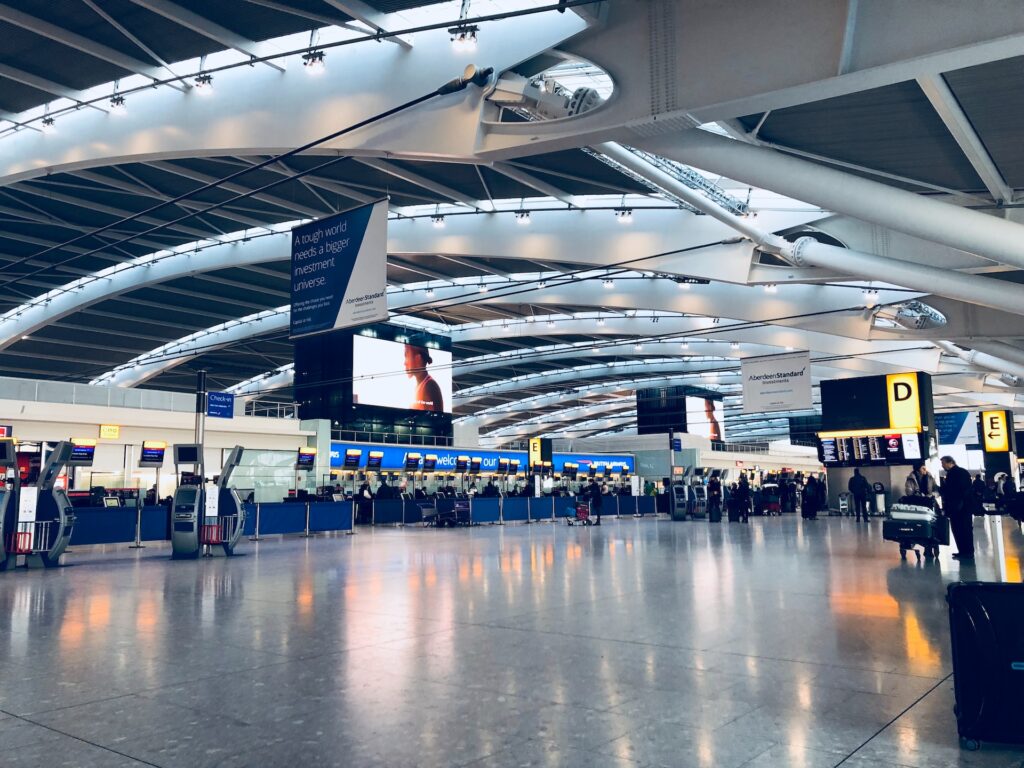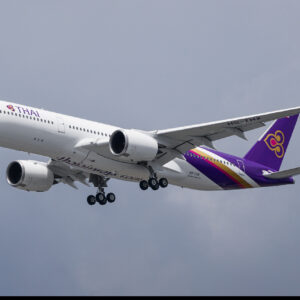As part of the UK government’s ambitious plan to digitise the country’s border control system, a new Electronic Travel Authorisation (ETA) scheme is being rolled out. This ETA, similar to the ESTA permit used by the United States, aims to enhance border security while creating additional bureaucracy for visitors to the United Kingdom. However, concerns are emerging regarding the inclusion of transit passengers and the potential negative impact on the aviation industry.
ETA Implementation and Expansion
Initially targeting Qatari passport holders from November 15, the ETA requirement will gradually extend to other members of the Gulf Cooperation Council and Jordan in early 2024. By the end of 2025, the UK government aims to apply the ETA scheme to all visitors from countries that do not typically require a visa. This move is intended to strengthen border security and improve the overall customer experience, according to Immigration Minister Robert Jenrick.
Impact on Transit Passengers
Unlike the European Travel Information and Authorisation System (ETIAS), which does not affect transit passengers, the UK’s ETA scheme will also require those merely switching flights within the country to obtain a permit. Airlines, particularly British Airways and Virgin Atlantic, are concerned that this added burden may significantly impact demand. Passengers may opt for European competitors like Amsterdam Schipol, Paris Charles de Gaulle, or Frankfurt Am Main, where transit passengers are not required to obtain entry permits.
The Government’s Justification and Airlines’ Perspectives
The UK government argues that including transit passengers in the ETA scheme is essential to prevent exploitation of the system. Airlines such as British Airways, while not openly criticizing the plans, emphasize the need to maintain competitiveness with European rivals. The role of transit passengers in supporting routes to long-haul destinations and stimulating trade, tourism, and investment is vital for the UK aviation industry.
Potential Consequences and Passenger Choice
The additional cost and hassle of obtaining an ETA, coupled with the potential delay in processing times, may lead travellers to choose alternative airports for their connections. This could result in a loss of transit traffic and subsequent implications for airlines and passengers alike. British Airways, heavily reliant on transit passengers at Heathrow, and Virgin Atlantic, benefiting from partnerships with Air France, KLM, and Delta, could face reduced customer numbers and increased fares.
Final Thoughts
While the ETA scheme aims to enhance border security, its inclusion of transit passengers and potential impact on the aviation industry raise concerns. Striking a balance between security measures and maintaining a competitive edge in air travel is crucial. The UK government and airlines must carefully evaluate the implications of the ETA scheme on transit passengers, passenger choice, and the overall viability of air routes, ensuring that visa and border policies do not create disadvantages for the UK.







